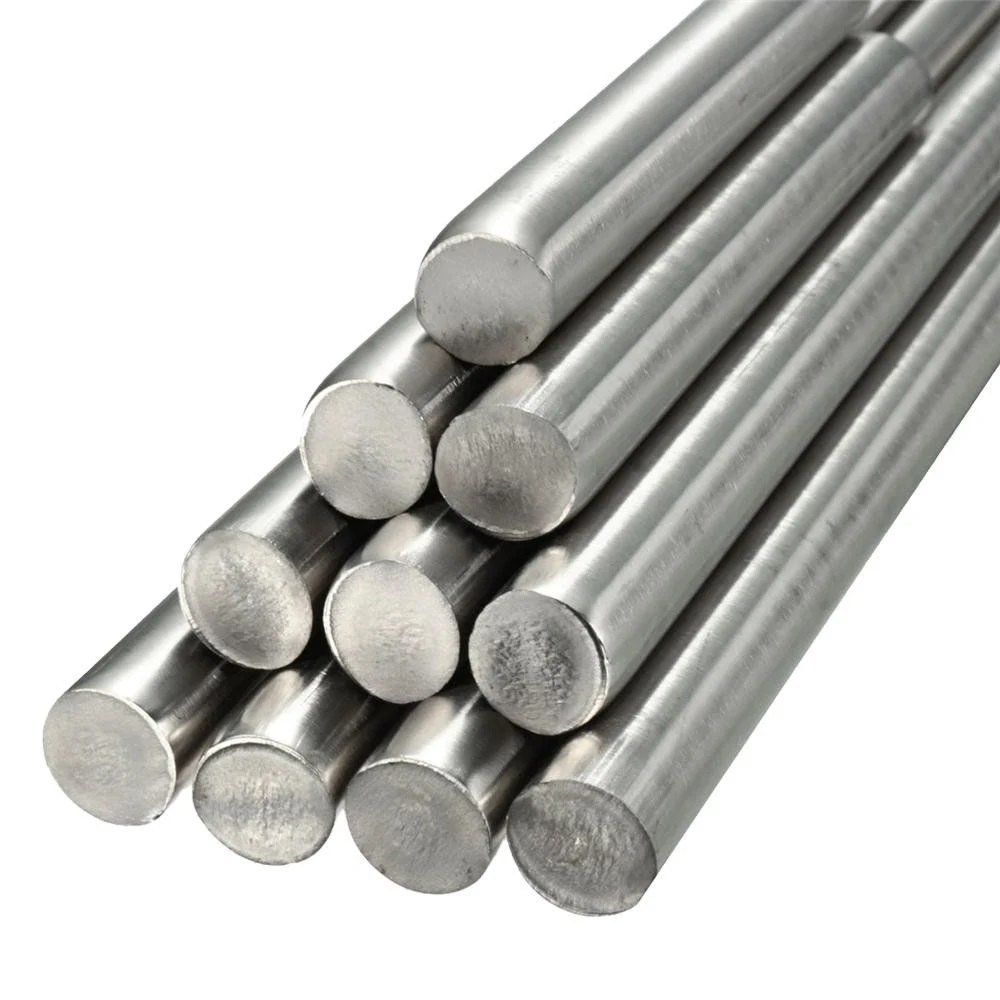If you’re looking for a stainless steel bar that’s strong, durable, and budget-friendly, 202 stainless steel is a solid choice. It’s not as pricey as 304 but still gives good corrosion resistance and strength. Let’s take a closer look.
What’s 202 Stainless Steel?
202 stainless steel belongs to the 200 series of austenitic stainless steels. Unlike 304, it has less nickel but more manganese and nitrogen. That keeps the cost down but still makes it tough enough for many uses.
It’s a common choice for indoor work, furniture, and lighter-duty construction projects.
Main Features
- Strong and tough
- Lower cost than 304
- Corrosion-resistant in mild conditions
- Can be machined and fabricated easily
- Non-magnetic when annealed
This mix of features makes it popular for many industries.
Standards to Know
When buying or supplying stainless steel bars, standards matter. Some widely used ones include:
- ASTM A276 – General stainless steel bars
- ASTM A479 – Bars for pressure vessels
- ASTM A582 – Free-machining bars
- EN 10088 – European stainless steel
- JIS G4303 – Japanese standard
These standards set the rules for composition, strength, and dimensions.
Chemical Makeup
202 stainless steel has a mix that gives it both strength and resistance:
- Chromium: 17–19%
- Nickel: 4–6%
- Manganese: 7.5–10%
- Carbon: ≤0.15%
- Nitrogen: ≤0.25%
- Rest is iron
The higher manganese keeps it strong, while lower nickel helps reduce cost.
Strength and Durability
Some typical mechanical numbers for 202 stainless steel bar:
- Tensile strength: 515 MPa
- Yield strength: 275 MPa
- Elongation: 40%
- Hardness: ~183 HB
It can handle stress, but extreme corrosive environments are not ideal.
Shapes You’ll Find
202 stainless steel bars come in:
- Round bars – Shafts, fasteners
- Square bars – Frames, ornamental work
- Flat bars – Brackets, supports
- Hex bars – Tools, bolts
This variety makes it easy to pick the right bar for your project.
Where 202 Stainless Steel Bars Are Used
- Railings, gates, and interior fixtures
- Furniture frames
- Kitchen equipment and sinks
- Automotive parts
- Light construction supports
It works best where corrosion isn’t extreme, and cost matters.
202 vs 304
304 stainless steel resists corrosion better, but 202 is cheaper. For indoor or dry areas, 202 works just fine. Many people pick it to save money without losing too much performance.
Watch Out For
202 stainless steel isn’t perfect for salty or harsh chemical environments. Also, welding can be tricky if you’re not careful.
Bottom Line
202 stainless steel bars are affordable, strong, and versatile. For moderate corrosion resistance and reasonable budgets, they’re a practical choice. Know the grades, standards, and specs to pick the right bar for your work.
